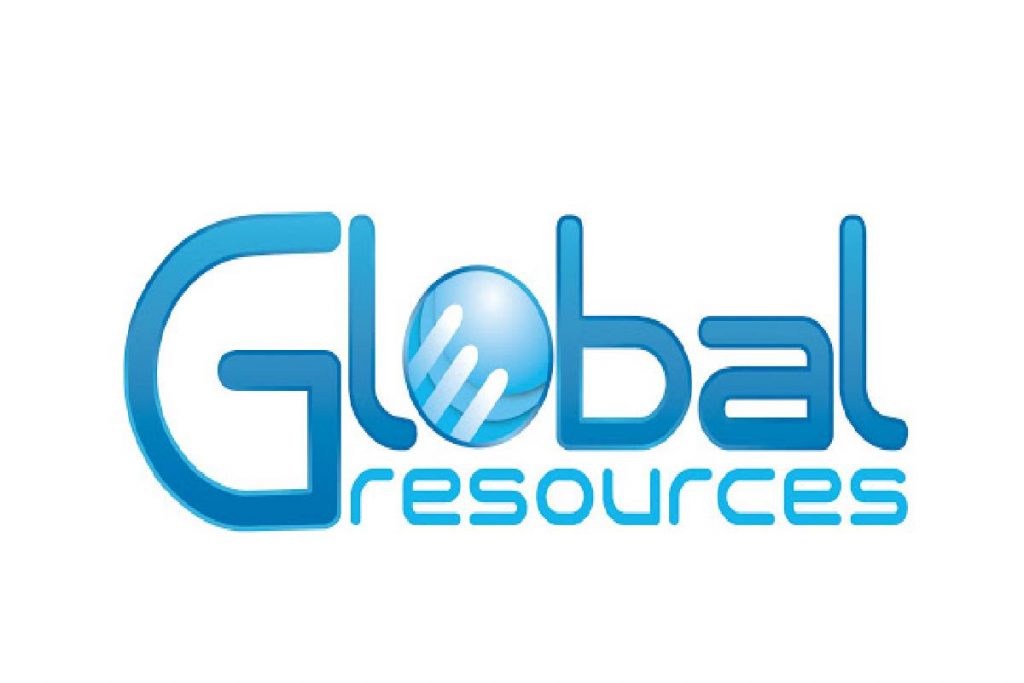Global Resources Definition
A global resource is known to all systems in the TSAF or CS collection. Authorized users in the TSAF or CS collection or the SNA network can access global resources.
Each global resource name must be unique within the TSAF or CS collection in which it resides.
Resources (for example, databases) that contain dynamic information needed by users in the TSAF or CS collection should define as global.
Global and local server virtual machines explicitly logged on, and the resource managers expressly called. Therefore, the resource managers are always ready for requests.
What are the accessed resources?
If a global resource defined with the same name, the accessed resources as follows:
- When a user on the local z/VM system requests to communicate with the resource, CP routes the user to the local resource.
- If the resource is unavailable or not known on the local system, TSAF or ISFC routes the request to the global resource.
- When a remote user on another z/VM system in the TSAF or CS collection requests to communicate with the resource.
- TSAF or ISFC routes the user to the global resource, even if a local resource with the same name also exists on the target system.
What are the Benefits of Global Resources?
With, all resources that have the same configuration will share the same version history and give only one checking interval.
- It reduces the load on the worker and on the external services that point to the resources.
- For example, before global resources, if there were three resources with the same configuration between three team’s pipelines. It would result in three check containers performing three resource checks every minute to fetch the versions.
- With global resources, this configuration will result in only one check container, and one resource checks every minute to fetch versions for all the help.
- Since there will be only one resource check for all resources that have the same configuration. And also, the help that has the shortest resource.
Also Read: What is the Autism CARES Act? – Scientific Developments, and More

